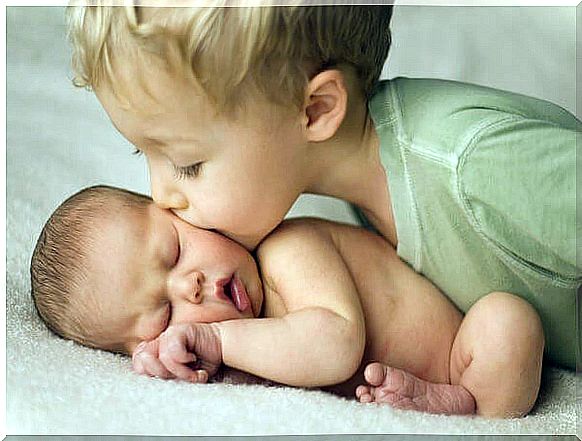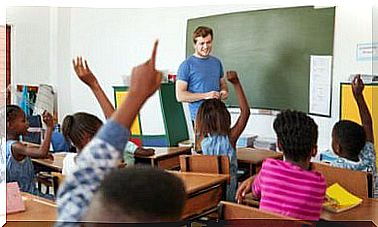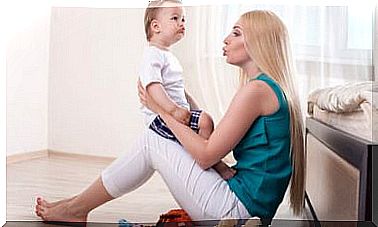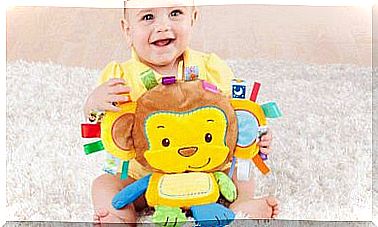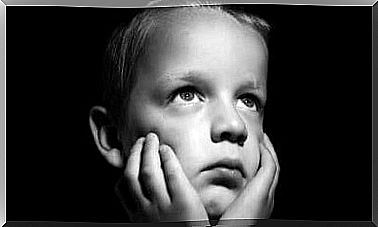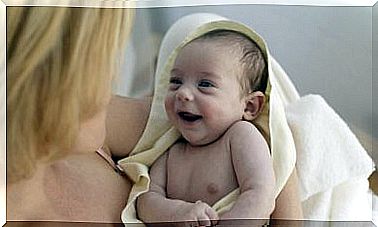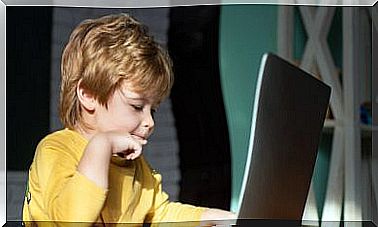5 Important Memories For Your Child About His Childhood
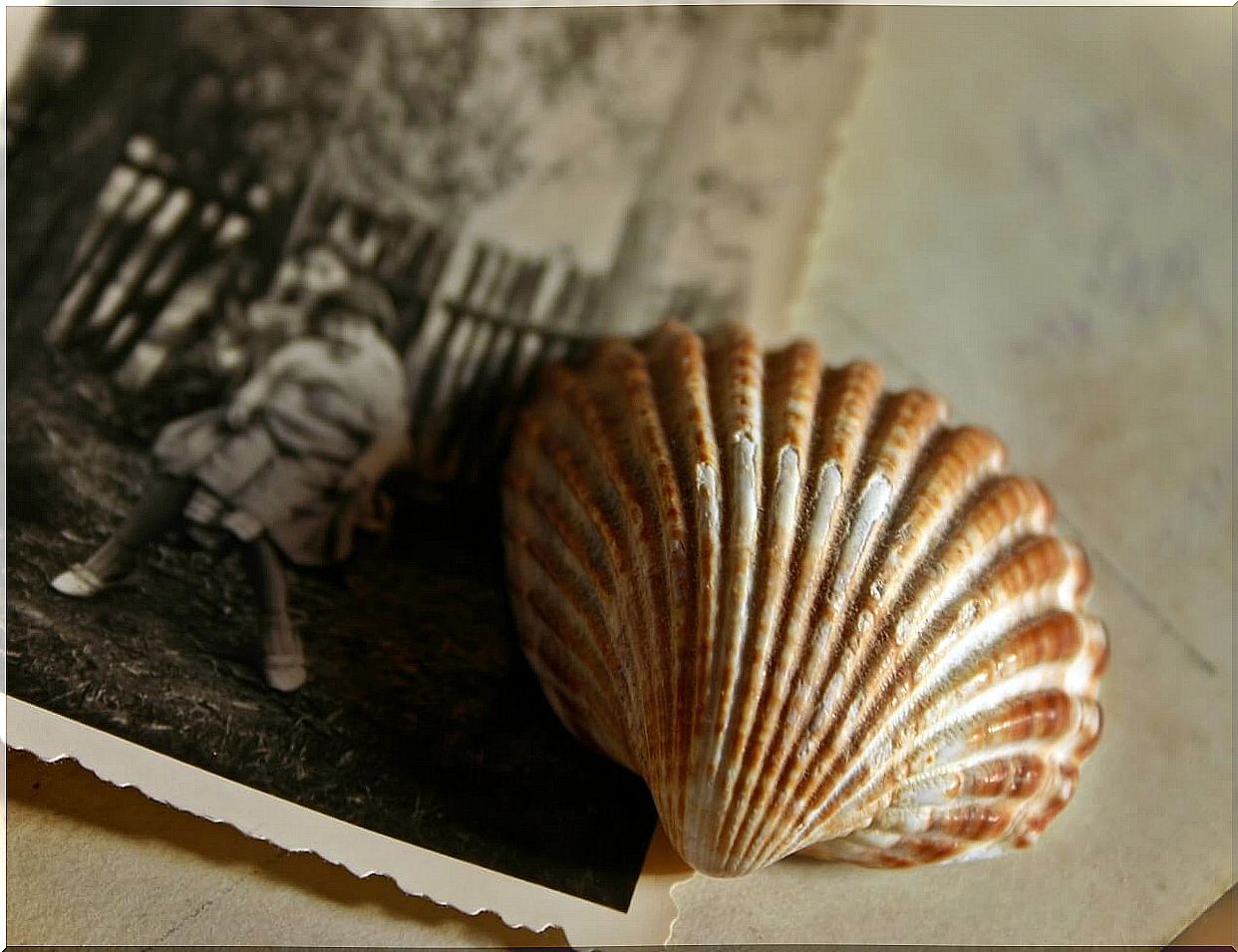
The memories of our childhood help us to create that album of vital experiences that will be our life. Knowing what moments are key to those memories will help us offer our children the best support in their development.
We all treasure images from our childhood. We store scenes that, for whatever reason, have marked a before and after for us. Good, bad, exciting or terrible, who knows what each one has, but it is clear that they are part of our life history and belong to what we will use to forge our personality.
Five basic pillars on which our childhood memories are formed, marking an action guide on what the world is like and how to be part of it. The importance of the childhood stage is crucial, and the creation of meaningful memories will be constant in these early years.
Key memories for children
- Play. The importance of play is more than known for the development of our children. Playing with them is, in addition to an incredible tool for their development, an opportunity to create leisure spaces together . Teaching them the games of our own childhood will help them to know a different role of their parents, that of children, and will provide them with learning in values, in compliance with rules and in problem-solving strategies. Memories of who and what we played with in our childhood are preserved.
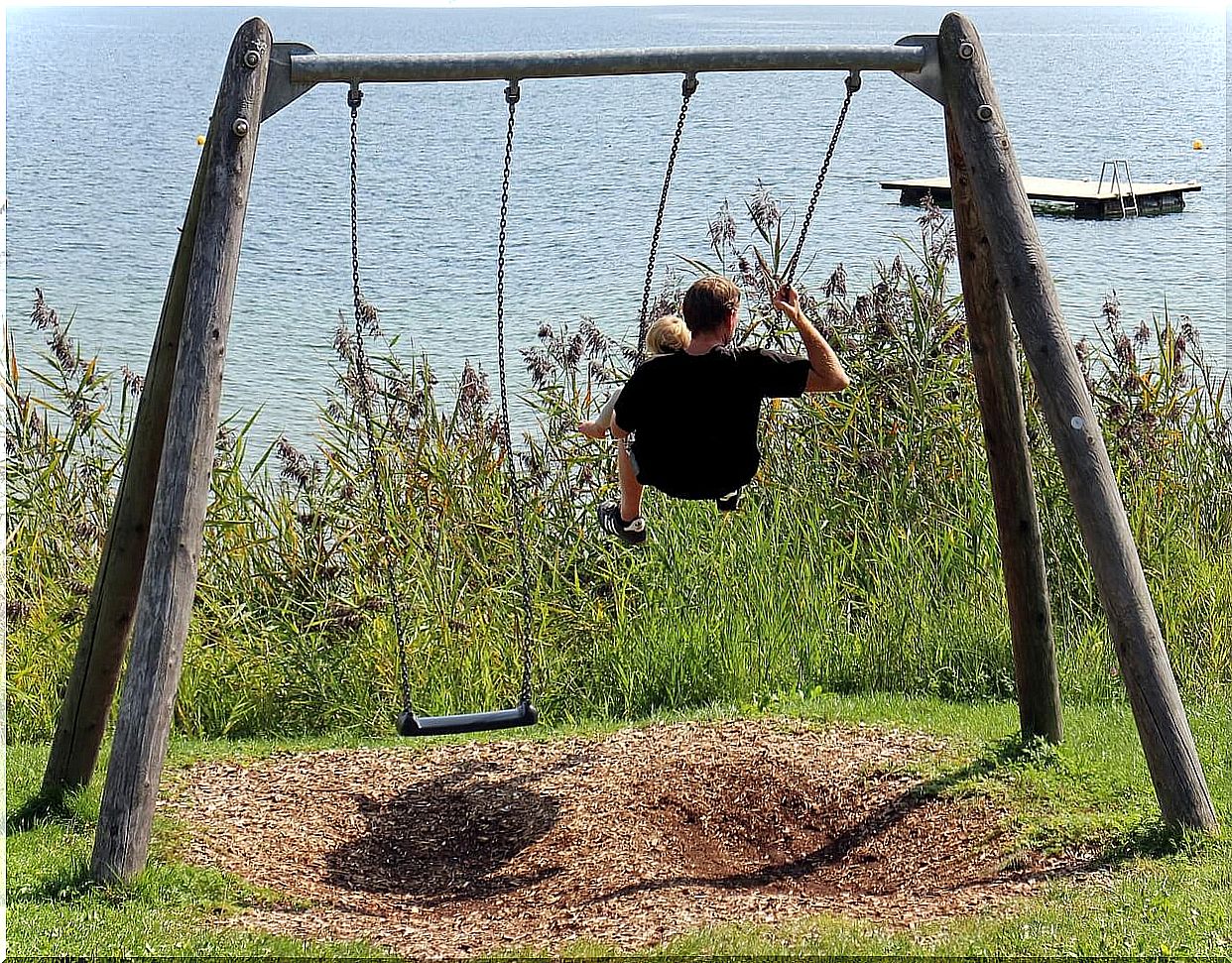
- Emotional intelligence Children learn to manage their own emotions thanks to the management they see of ours. We help them manage, not repress; to face instead of running away from what they feel . Thinking about who listened to me when I was sad, who helped me calm down when I got angry, or who was proud of me when faced with an achievement are lessons in emotional management that come to us through memories. And it is that the emotional bond that we innately create with our children must be protected, cared for, practiced and recognized.
- Social skills. The first social context is the family. We go out into the world with those tools that, at home, we have been taught and have been useful . How to ask permission or forgiveness, say I love you, listen to others … everything is learned through the interaction of our children in those contexts in which we teach them to be, such as family reunions, summers in town, or the go down to the supermarket to do the shopping. Here the memories of the experiences that mark the social development of our children are formed.
- Autonomy. Being able to fend for ourselves, remembering who taught us to get up when we fell, that is autonomy. The memories of those times that we were allowed to think, decide, be ourselves, lead us, as adults, to be people with extraordinary abilities to achieve what we want.
Perhaps these memories remain more hidden, although their long-term consequences are very important for adult life.
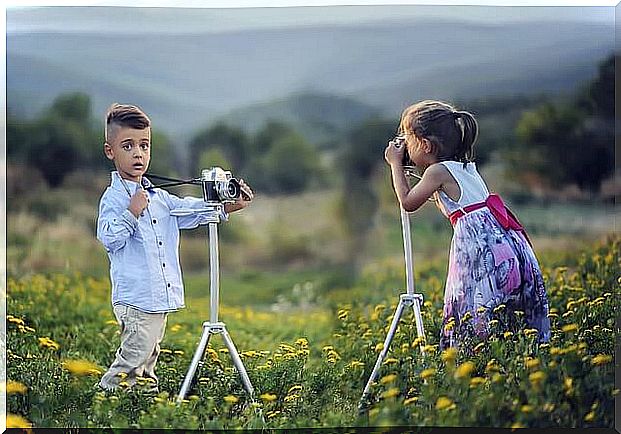
- Love. Perhaps one of the most powerful and important memories we have is whether there was love in our childhood. Expressing and receiving love is something that we know in our family environment as the first scenario, so, as parents, we must pay attention to how our children will remember what love meant at home. We are models of love : as a couple, between siblings, between parents and children … we are models for our children. They will remember tokens of love they saw in your home and they will show and receive love in the way they have learned to do so.
Errors, fears, failures will also be part of the childhood (and life) of all our little ones, so it is important to take advantage of these five pillars so that they learn to face and manage them.
We cannot manage what our children will remember, and that is perhaps the best of all. We do not know what things today will be important to them tomorrow, so we can only offer them a good range of experiences that help them face life enjoying it.
